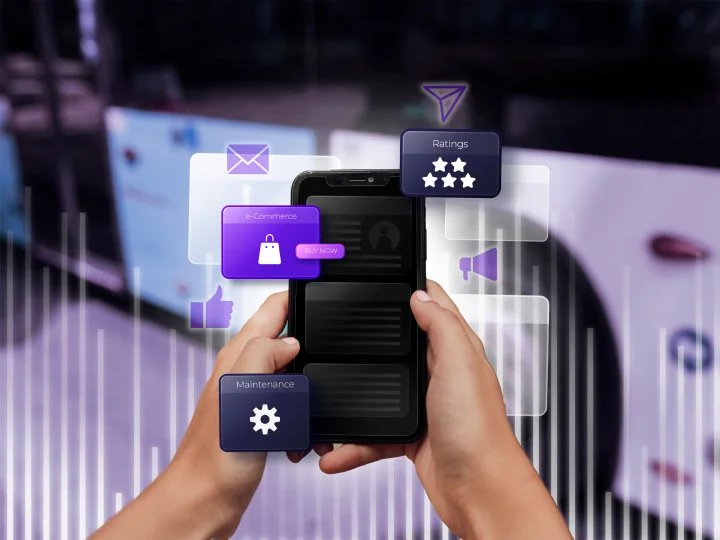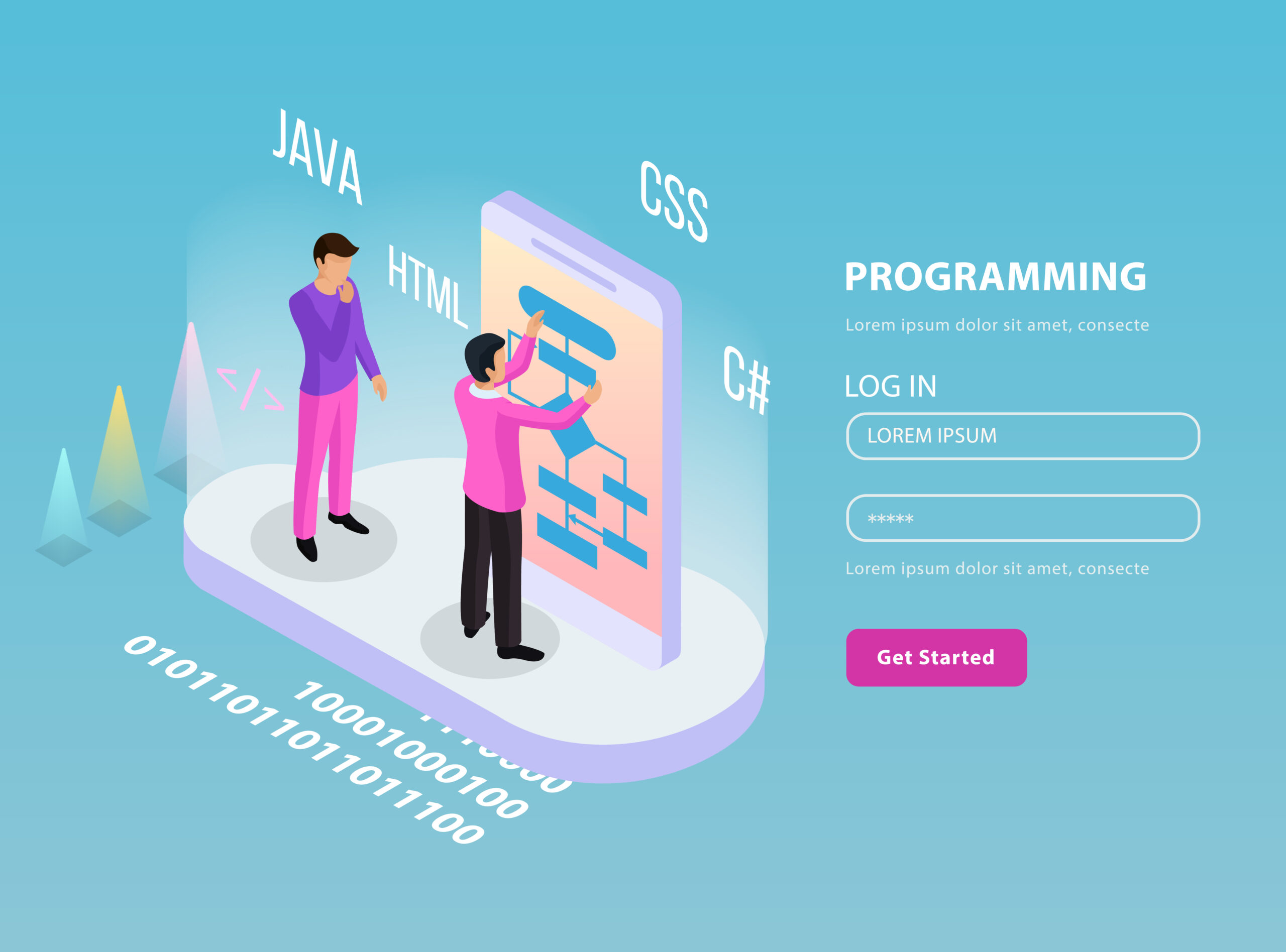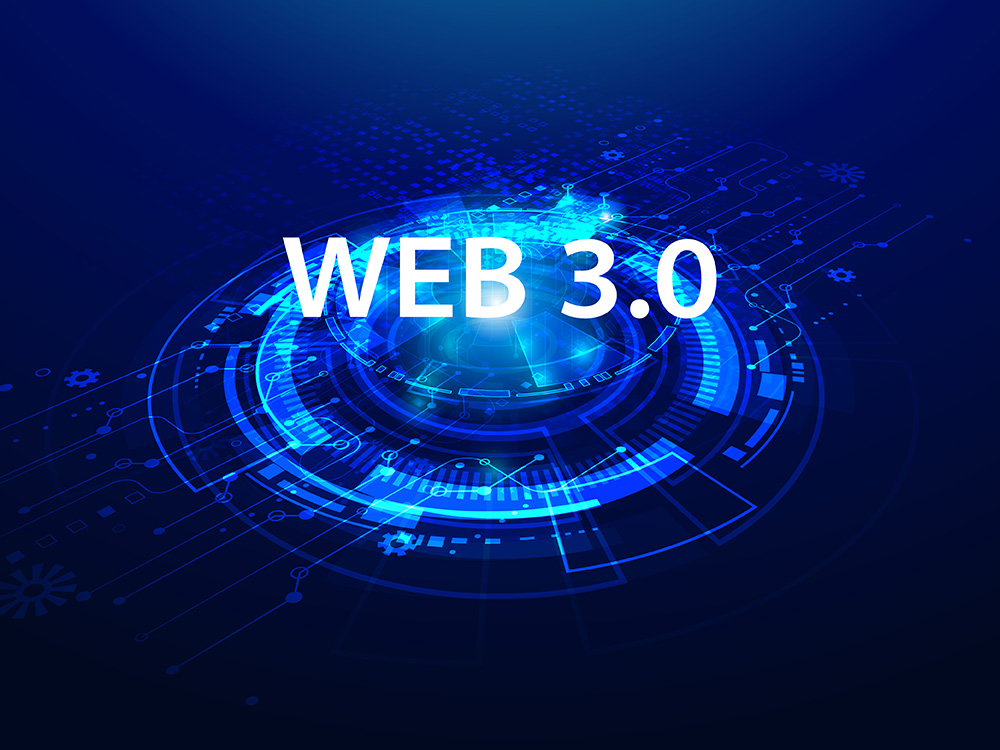
Blockchain technology is a decentralized and transparent system allowing multiple parties to record and verify transactions securely and immutably.
A blockchain is a distributed ledger that maintains a continuously growing list of records or blocks linked using cryptography. The power of blockchain lies in its ability to eliminate the need for intermediaries, such as banks or third-party institutions, by creating a trustless and peer-to-peer network.
Each transaction is validated by a network of participants, known as nodes, through a consensus mechanism. Once approved, the transaction is added to a block, and the block is added to the chain, forming a permanent and tamper-proof record.
At axiusSoftware, we recognize the immense potential of blockchain technology and are committed to exploring its depths through extensive application and research.
With our growing team of experts, we aim to leverage blockchain to develop innovative solutions across various industries. We strive to revolutionize traditional processes, enhance data integrity, and create new business opportunities by harnessing blockchain’s transparency, security, and efficiency.
In this article, we will break down and explain the meaning of blockchain on a beginner and intermediate level, give you an overview of its application in different industries, and discuss what the future holds for blockchain technology.
Let’s get started.
The History of Blockchain Technology
Blockchain technology traces back to 2008 when an anonymous person or group known as Satoshi Nakamoto introduced Bitcoin as the first cryptocurrency.
Nakamoto’s Bitcoin whitepaper outlined the concept of a decentralized digital currency built on a blockchain.
2009 the Bitcoin network was launched, marking the beginning of blockchain’s practical implementation.
2013, Ethereum emerged as a blockchain platform enabling the development of smart contracts and decentralized applications (dApps). This expanded the scope of blockchain beyond cryptocurrencies. In subsequent years, numerous blockchain projects and platforms were created, each with unique features and use cases.
2017 witnessed a significant surge in interest and investment in blockchain, leading to Initial Coin Offerings (ICOs) proliferation. While the hype subsided in the following years, the focus shifted towards real-world applications and enterprise adoption.
As of the current date, blockchain technology continues to evolve and mature. It has gained recognition from governments, major corporations, and institutions worldwide.
What Impact Has Blockchain Technology Had on Different Industries?
The following examples illustrate how blockchain technology has disrupted traditional industries, transforming their operations and creating new possibilities for efficiency, transparency, and trust.
Finance and Banking:
- Has the potential to streamlined cross-border transactions with reduced fees and faster settlement times.
- Enabled secure peer-to-peer transfers and remittances.
- Facilitated the emergence of decentralized finance (DeFi) platforms, offering decentralized lending, borrowing, and trading.
- The transformative impact of blockchain on the financial sector has been published in a report by the World Economic Forum entitled “Beyond Fintech: A Pragmatic Assessment of Disruptive Potential in Financial Services”
- Deloitte also published an article entitled, The Future of Banking: Blockchain in Banking illustrating the impact of blockchain technology on modern-day banking. How it can completely revolutionize the world of finance and banking and offer a better customer experience.
Supply Chain Management:
- Improved traceability and transparency in supply chains, reducing fraud and counterfeit products.
- Enhanced efficiency by automating documentation and reducing paperwork.
- Enabled better inventory management and real-time tracking of goods.
- Examining the potential of blockchain to enhance supply chain transparency, reduce trade barriers, and facilitate trade finance, The World Trade Organization (WTO) published a report entitled “Can Blockchain Revolutionize International Trade?”
- Providing insights into the application of blockchain in supply chain management and its benefits, IBM released a whitepaper titled “Transforming the Supply Chain through Blockchain,”
Healthcare:
- Secured patient data and improved electronic health records (EHRs) interoperability.
- Enabled efficient and secure medical data sharing between healthcare providers.
- Supported the development of blockchain-based healthcare solutions like telemedicine, medical research, and drug traceability.
- The European Union Blockchain Observatory and Forum published a report titled “Blockchain and the GDPR” that discusses the potential of blockchain in ensuring privacy and data protection in healthcare.
Voting Systems:
- Provided transparent and tamper-proof voting systems, ensuring the integrity of elections.
- Increased accessibility for remote or overseas voters.
- Reduced the potential for voter fraud and manipulation.
Supply Chain Finance:
- Enhanced transparency in trade financing, reducing fraud and enhancing trust.
- Enabled more accurate risk assessment and creditworthiness evaluation.
- Streamlined invoice financing and supply chain financing processes.
Intellectual Property:
- Enabled secure ownership verification and digital rights management for creative works.
- Simplified licensing and royalty distribution processes.
- Facilitated the emergence of decentralized content-sharing platforms.
Energy and Utilities:
- Enabled peer-to-peer energy trading and decentralized energy grids.
- Improved energy supply chain management and optimized resource allocation.
- Enhanced transparency in carbon credits and renewable energy certificate trading.
Real Estate:
- Streamlined property transactions and reduced the need for intermediaries.
- Improved transparency in property records and ownership history.
- Enabled fractional ownership and real estate tokenization.
Gaming:
- Enabled secure and transparent ownership of in-game assets and virtual currencies.
- Facilitated peer-to-peer trading of digital items across different games.
- Enhanced trust and eliminated fraud in online gaming ecosystems.
Insurance:
- Simplified claims processing and reduced fraudulent activities through transparent and immutable records.
- Enhanced underwriting and risk assessment through access to verified data.
- Enabled smart contracts for automated policy issuance and claims settlement.
Music and Entertainment:
- Revolutionized royalty management and fair distribution of revenues to artists.
- Enhanced transparency and eliminated intermediaries in music licensing and distribution.
- Enabled content creators to connect with their audience and receive micropayments directly.
What Does the Future Hold for Blockchain Technology?
It is for sure that Blockchain technology will have a significant and disruptive impact on several industries in the coming future. As advancements are made, and challenges are addressed, the potential applications of blockchain will expand, unlocking new opportunities for businesses and individuals alike. Here are some emerging trends and expectations from Blockchain Technology
Increased Adoption
Blockchain is expected to witness broader adoption across industries as organizations recognize its potential to improve efficiency, security, and transparency.
More companies will implement blockchain solutions or collaborate with existing blockchain platforms to streamline operations and enhance trust.
Interoperability and Integration
The focus will shift towards developing interoperable blockchain networks that can communicate and share data seamlessly.
Integration with existing systems and technologies will become crucial to ensure smooth adoption and maximize the benefits of blockchain.
Scalability Solutions
Developing layer 2 solutions, sharding techniques, and advancements in consensus algorithms will address and improve current scalability concerns about Blockchain enabling it to handle larger transaction volumes.
Tokenization and Asset Digitization
More assets, including real estate, intellectual property, and artwork, will be tokenized on blockchain platforms, enabling fractional ownership, liquidity, and a more effortless transfer of ownership.
Digital securities and security token offerings (STOs) will gain prominence as blockchain enables efficient and compliant issuance and trading of securities.
Integration with Artificial Intelligence (AI) and Internet of Things (IoT)
Combining blockchain with AI and IoT will help unlock new possibilities, such as secure data sharing, automated smart contracts, and enhanced supply chain management.
Blockchain can provide immutable records for AI models and ensure the integrity and trustworthiness of data used by AI systems.
Enhanced Privacy and Confidentiality
Innovations in privacy-preserving technologies like zero-knowledge proofs and secure multi-party computation will address privacy concerns in blockchain networks.
Permittedblockchain networks will enable enterprises to maintain data confidentiality while leveraging the benefits of distributed ledger technology.
Sustainability and Green Blockchain
The environmental impact of blockchain mining will be addressed by adopting more energy-efficient consensus mechanisms and renewable energy sources.
Blockchain will play a role in sustainability initiatives, enabling transparent tracking and verification of supply chain sustainability practices.
Regulatory Frameworks and Standards
Governments and regulatory bodies will establish clearer frameworks and standards for blockchain adoption, ensuring legal compliance and consumer protection.
The development of regulatory sandboxes will allow experimentation and foster innovation in blockchain-based solutions.
Get Ahead with axiusSoftware’s Integrated Blockchain Solutions
Our integrated blockchain solutions, coupled with our AI/ML & IoT services, will help you understand and witness the impact of blockchain on your business and industry. Visit our website today to take a closer look at how we can help your business step into the future by integrating blockchain and other AI solutions.










